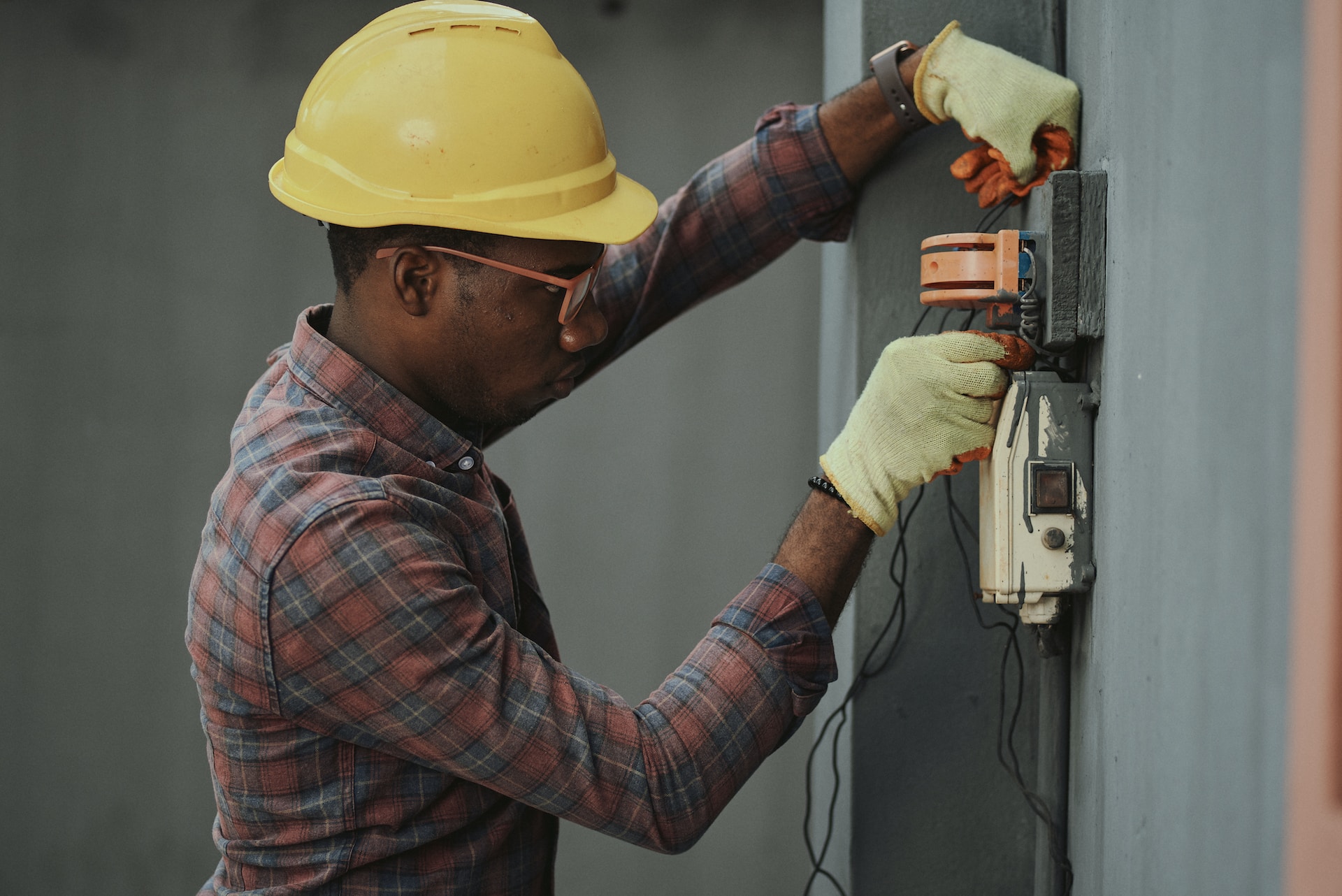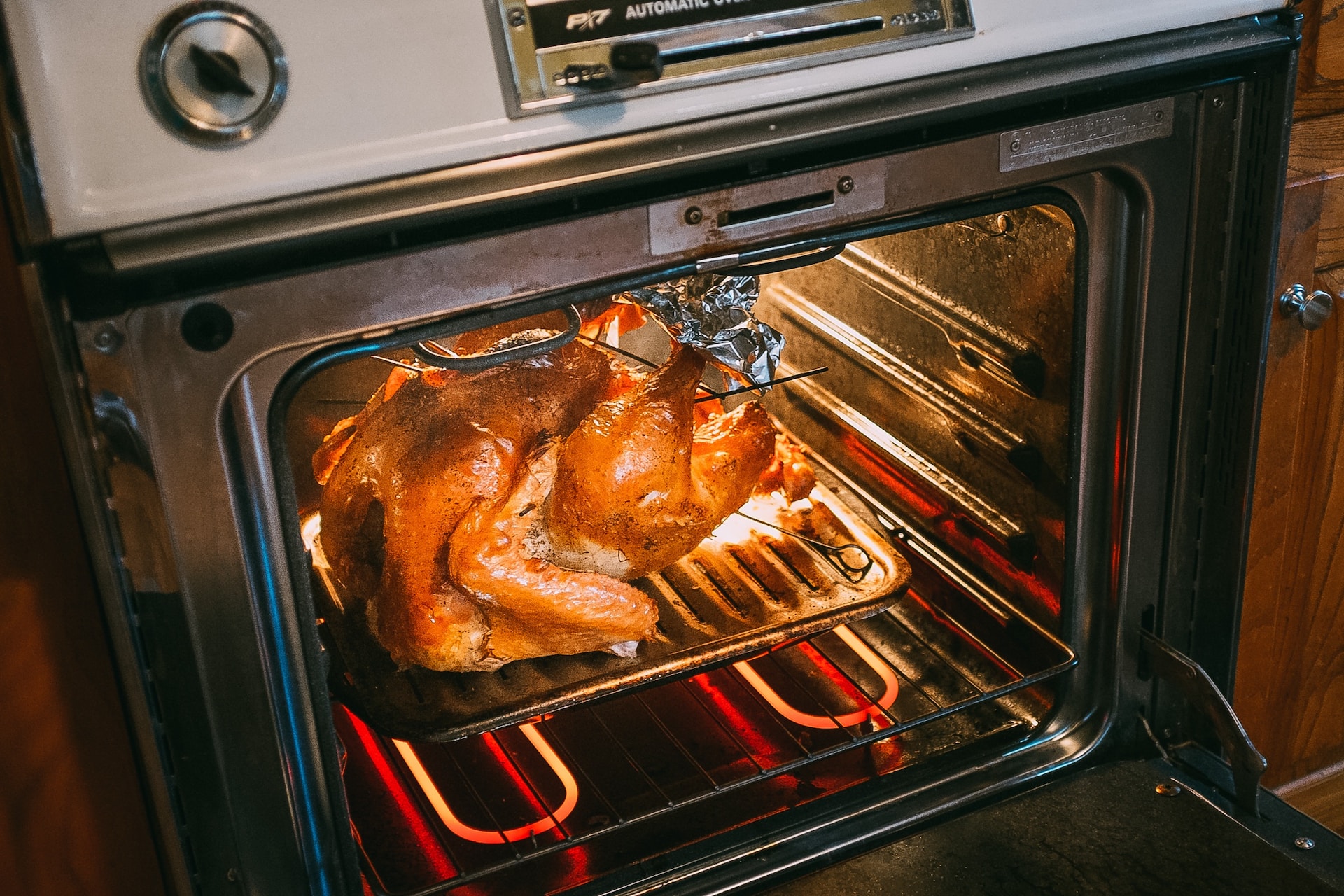5 Practical Tips in Preparing for an Appliance Repair – Unit Appliances
You’ve got a busted appliance and you’re ready to tackle the repair. Don’t dive in unprepared!
We’ve compiled 5 practical tips to help you prep for a smooth, hassle-free fix.
From understanding your appliance’s issue, to safeguarding its warranty, you’ll be equipped to handle any repair task.
So, let’s get you ready for whatever your faulty unit throws at you!
Understanding Your Appliance’s Issue
Before you can effectively prepare for an appliance repair, you’ll need to accurately diagnose the problem with your unit.

The diagnostic process is key in issue identification, and it’s not as daunting as you might think.
First, note any unusual noises or behaviors from your appliance. These could indicate where the issue lies.
Next, check your unit’s manual for troubleshooting tips. Most manuals have a section dedicated to common problems and their solutions.
If this doesn’t resolve your problem, you may want to seek professional advice.
Remember, it’s essential to know what you’re dealing with before you begin any repair work.
Don’t be afraid to do your research or ask questions – it’ll save you time and money in the long run.
Gathering the Necessary Tools
After identifying what’s wrong with your appliance, it’s time to gather the necessary tools for the repair. Having the right tools not only simplifies the repair process but also ensures a job well done. Remember, tool maintenance is equally important. Clean, well-kept tools last longer and work better.
Start by creating an emergency kit for common appliance malfunctions. This kit should include a multimeter, a set of screwdrivers, pliers, and a flashlight. You’ll also need specialized tools depending on your appliance. For instance, a spanner wrench for a washing machine repair or a vacuum gauge for your refrigerator.
Don’t overlook safety gear like gloves and goggles. Repairing appliances can be risky, so it’s best to be prepared.
Safeguarding Your Appliance’s Warranty
Now, let’s discuss another crucial aspect; keeping your appliance’s warranty intact. Understand your warranty terms and conditions from the get-go. Don’t forget to check ‘Warranty Exclusions.’ These are situations where the warranty won’t cover the repair costs, often due to misuse or unauthorized repairs. Stick to authorized service centers and professionals. They uphold your warranty and ensure top-notch repair quality.

Thinking of a long-term commitment? Consider ‘Extended Warranties.’ They’ll cover your appliance beyond the standard warranty period, providing peace of mind. But, weigh the benefits against the cost to determine if it’s worthwhile.
Finding Reliable Repair Services
Once your warranty protection is clear, it’s time to hunt down a dependable repair service, a vital step in the appliance repair journey. Don’t rush this; research thoroughly, checking online reviews and ratings. Be aware of service costs; these should be transparent and reasonable. A reputable service will give a quote upfront, without hidden fees.
Beware of repair scams. Some services might offer surprisingly low costs, only to hike up prices later with unnecessary repairs. Compare rates with multiple services to ensure you’re not being duped. Remember, if it sounds too good to be true, it probably is.
Preparing for Possible Outcomes
As you’ve secured a trustworthy repair service, it’s crucial to prepare yourself for the various possible outcomes of the repair process. Outcome anticipation isn’t just about expecting the best, but also being ready for unexpected scenarios. For instance, your appliance may need more repair time than initially estimated, or spare parts mightn’t be readily available.
Preventive measures, such as having a backup plan or preparing for a longer repair time can save you from inconvenience. Be open to the possibility of temporarily replacing the appliance if needed. Remember, it’s better to be prepared than to be caught off guard.
Frequently Asked Questions
What Are Some Common Signs That an Appliance May Need Repair?
You’ll notice unusual noises, decreased performance, or increased energy bills as common signs. Consider the appliance’s lifespan expectancy and a repair costs analysis before deciding whether to repair or replace it.

How Can I Tell if the Appliance Repair Is Beyond My Capabilities and Needs Professional Intervention?
Determining your technical limits is key. If you can’t identify the problem, or solutions don’t work, you’ve hit repair red flags. You’re likely out of your depth and need professional help.
Can I Use Generic Tools for Appliance Repair or Do I Need Brand-Specific Tools?
You can often use generic tools for appliance repair, but brand-specific tools may be necessary for some tasks. Tool selection impacts repair costs. Always research your appliance’s requirements to avoid further damage.
What Should I Do if My Appliance’s Warranty Has Already Expired?
If your appliance’s warranty’s expired, don’t panic. Look into expired warranty solutions. Sometimes, warranty extension alternatives are available. If not, consider hiring a professional or, if you’re handy, doing the repair yourself.
Are There Any Preventive Measures I Can Take to Avoid Future Appliance Issues?
Yes, preventive measures can help avoid future appliance issues. Regular maintenance scheduling’s crucial. Also, using quality parts during repairs extends your appliance’s life. It’s an investment in longevity and performance.
Conclusion

So, you’ve got the lowdown on prepping for appliance repair. Understand the issue, gather your tools, protect that warranty, find a dependable repair service, and brace yourself for all possible outcomes.
It’s not rocket science, but preparation sure makes the process smoother. With these practical tips, you’re ready to tackle any appliance mishap head-on.
Remember, a well-maintained appliance not only lasts longer but also runs more efficiently. Happy repairing!
